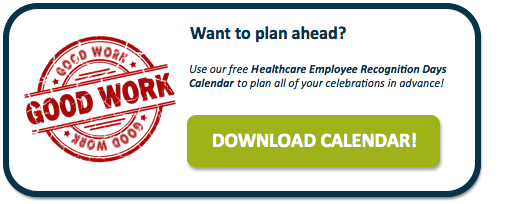As most nurse recruiters are well aware, we are in the process of an ever-increasing nursing shortage. And, as the shortage gets more dire, it ultimately falls to recruiters to find ways to prove to nurses that their healthcare system is the place they should choose to work in the long-term. To put it in perspective, here are some of the cold, hard facts from the current nurse recruitment environment as collected by the American Association of Colleges of Nursing.
- By a state-by-state analysis, the shortage will be the worst in Southern and Western areas of the United States.
- The RN shortage is projected to be in effect from 2009-2030.
- “Dr. Peter Buerhaus and coauthors found that despite the current easing of the nursing shortage due to the recession, the U.S. nursing shortage is projected to grow to 260,000 registered nurses by 2025. A shortage of this magnitude would be twice as large as any nursing shortage experienced in this country since the mid-1960s.”
As you can see the current and future recruitment climate for nurses is slated to be a difficult one. So the question must be asked…what can nurse recruiters do to make a lasting impression on nurses?
Review Mandatory Overtime Policies
According to an article called 5 Reasons Nurses Want to Leave Your Hospital published by HealthLeaders Media, mandatory overtime is a major contributor to nurses quitting. As the article noted, some overtime is necessary, but make sure your current nurses aren’t stressed to the point of breaking. You don’t want them building a resentment that you can’t get rid of later. Before it comes to a head, consider putting policies in place that halt excessive overtime by building in enough extra staff to support all departments.
Those choices will show that you care for your current nurse workforce and in turn will be attractive to new nurses. Retention and recruitment should both be equally considered for lasting success.
Provide a Detailed Nurse Advancement Plan
In May 2015, Minority Nurse wrote a story called Why Good Nurses Leave the Profession, which stated that there is a distinct lack of upward mobility in the nursing profession for those without a certain education level. If a health system were to have a program in place to nurture the educational needs of newer or associate level nurses that may attract an additional population for recruiters to consider.
Cross-Training and Culture Resources
Back in 2014, HealtheCareers published an article called 5 Reasons Why Nurses Want Out, which addressed the issues of a positive culture and a lack of cross training.
As far as culture, toxic attitudes and a lack of enforcement for anti-bullying rules have contributed to nurses leaving jobs. Promoting a positive and inclusive environment is key to retention and attracting new nurse talent.
When it comes to cross-training, it seems some health systems rely on float nurses who aren’t trained certain specialties. As the article noted, “Forced floating may indicate a staffing shortage and is understandable on occasion, but doing it routinely can compromise patient safety and foster discouragement.” The article also noted that it is stressful for the nurse population within a health system. Cross-training a certain group of your nurses could significantly decrease the stress that nurses feel and improve the overall working environment.
Raise the Pay
The Bureau of Labor Statistics reported that in 2015 the median pay for Registered Nurses was $67,490 per year / $32.45 per hour. Being aware of competitive pay is essential to effective nurse recruitment. While money isn’t everything, it can be a major consideration for nurses who are considering investing in their future. Luckily, a full list of state-by state pay is available here.
--
One major commonality between all of these options is promotion. When recruiting nurses, it’s very important to share all of the benefits your health system can offer. Quality of life, career tracks and resources matter to nurses and sometimes they just aren’t aware of the full picture. You may already have some of these options in place, but if a nurse doesn’t know that, it’s falling on deaf ears.
The second common thread is appreciation. Appreciation is a big deal across all professions and nurses are no exception. Celebrate them regularly by learning the holidays with our new tool, the 2018 Healthcare Recognition Days Calendar.












